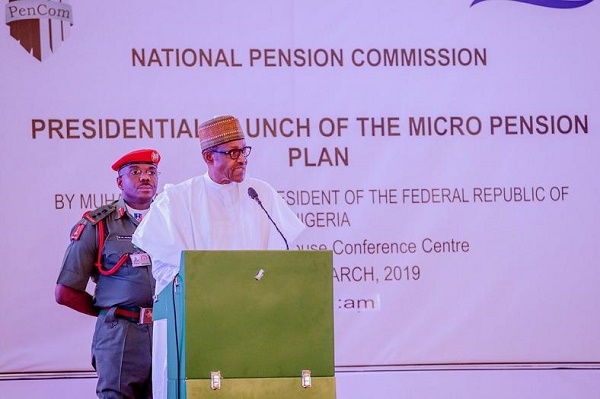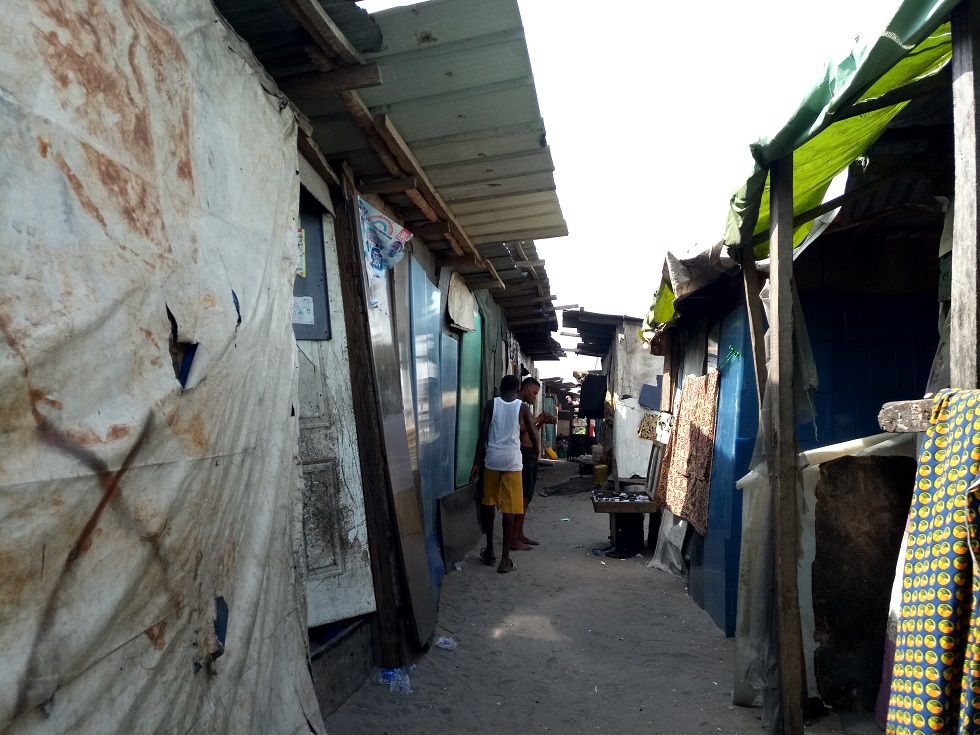The Nigeria Immigration Service (NIS) and its Ghanaian counterpart have begun reconciliatory talks over the recent deportation of four Ghanaian nationals.
Sunday James, NIS public relations officer, said Muhammad Babandede, the comptroller-general played host to Kwame Takyi, his counterpart from the Ghana Immigration Service, accompanied by the Ghana high commissioner to Nigeria, Rashid Bawa.
“The meeting, which held behind closed doors, appeared to be a conciliatory meeting following the deportation of four Ghanaian nationals from Nigeria to Ghana,” James said in a statement released on Saturday.
“Babandede, when contacted, confirmed the meeting saying details of a further meeting was being worked out by the Ministers of Interior and Foreign Affairs of Nigeria and Ghana.
Advertisement
“There is no cause for alarm as both countries will resolve issues between both countries diplomatically.”
Abdulrahman Dambazau, the minister of interior, had authorised the deportation order of the four Ghanaian nationals over alleged violation of provisions of the Immigration Act and Regulations.
The visit comes a week after Nigeria deported four Ghanaians to Accra.
Advertisement
NAN reports that no formal explanation was publicly rendered for the deportation.
A month earlier, Nigeria had protested mass deportation of at least 723 of its citizens between 2018 and February 2019. The Nigerians were accused of illegal stay, cyber-crime, prostitution and other social vices.
A total of 81 Nigerians were deported on alleged cyber-crime and illegal stay in January, while 115 have so far been deported in February on the allegation of overstay and prostitution.
NAN reports that Nigerian ambassador to Ghana, Michael Abikoye, strongly protested the action to the Ghanaian government in Accra.
Advertisement
Nigeria’s objection to the removal of its citizens from Ghana and failure to publicly state the offences of the four deported Ghanaians had fueled speculation that the March 22 decision might have been done in retaliation.
Add a comment






